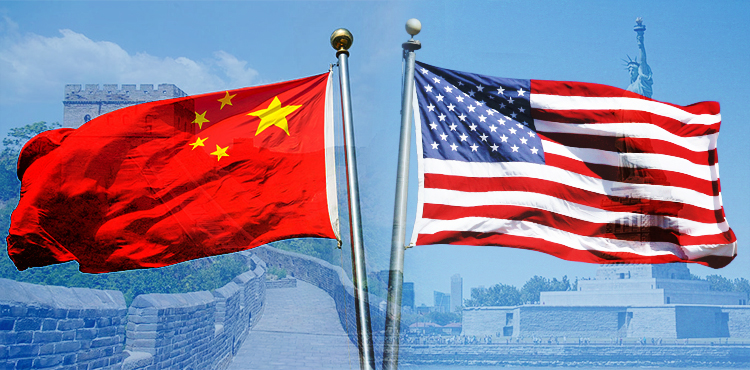Deputy Secretary of State Kurt Campbell indicated on Tuesday that the U.S. is contemplating easing travel advisories for its citizens visiting China, recognizing potential limitations on exchanges between Americans and Chinese individuals due to current warnings.
During an event organized by the non-profit National Committee on U.S.-China Relations, Campbell highlighted the restoration of communication channels between Washington and Beijing following a period of heightened tensions. However, he cautioned that Chinese support for Russia’s actions in Ukraine jeopardizes the stabilization of bilateral relations.
While the State Department has periodically issued precautionary notices for Americans traveling to China, citing risks such as the arbitrary enforcement of local laws, exit bans, and wrongful detentions, efforts have been made at the presidential level to encourage people-to-people engagements as a means of managing escalating geopolitical competition between the two superpowers.
Campbell emphasized that the U.S. government is actively considering the possibility of revising these advisories, acknowledging their potential impact on academic and other exchanges. Meanwhile, China has reciprocated with its own travel cautions for the U.S., expressing concerns about alleged increased harassment of Chinese nationals by U.S. authorities at entry points.
In contrast to the considerable number of Chinese students studying in the U.S., the presence of American students in China is relatively minimal. Despite these dynamics, Campbell warned Beijing about its substantial backing of Russia’s military efforts in Ukraine, highlighting the potential consequences on the U.S.-China relationship.
Campbell underscored that any alterations in the European power balance resulting from Russia’s actions in Ukraine, particularly with support from China and North Korea, will be deemed unacceptable by the U.S. He emphasized the need for a collective response to such activities.
Moreover, Campbell raised concerns about a significant influx of Chinese migrants seeking better economic circumstances in the U.S., noting that Beijing appears to be aware of this trend but has not taken steps to address it. He described the scale of this migration as a growing issue that is being closely monitored.





